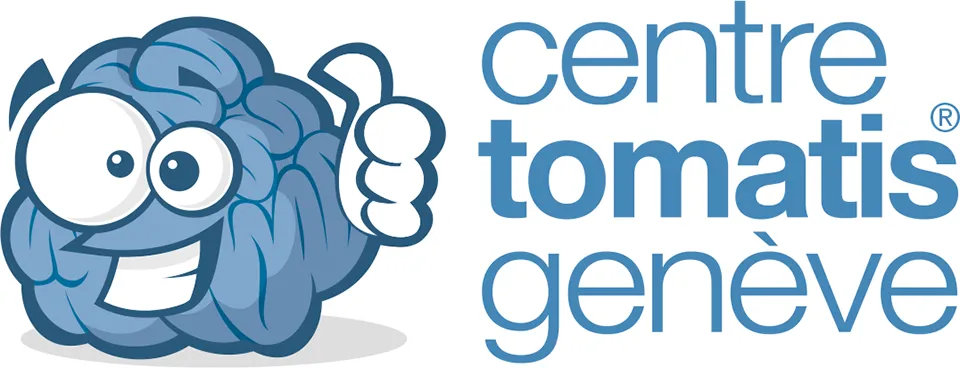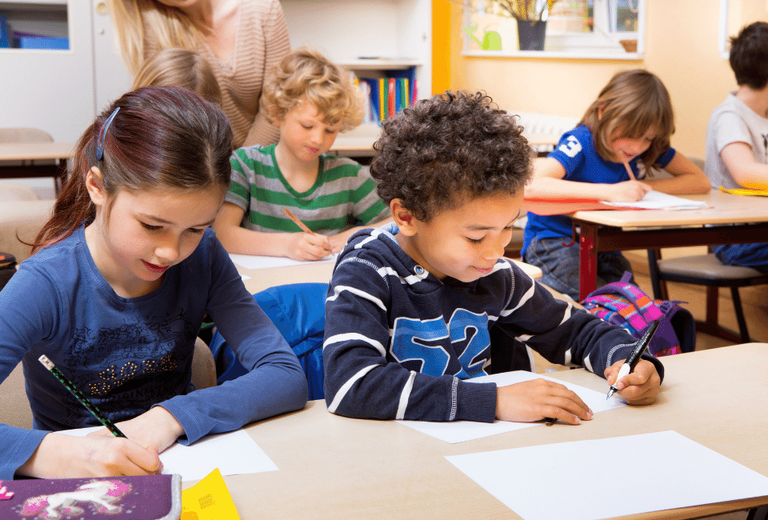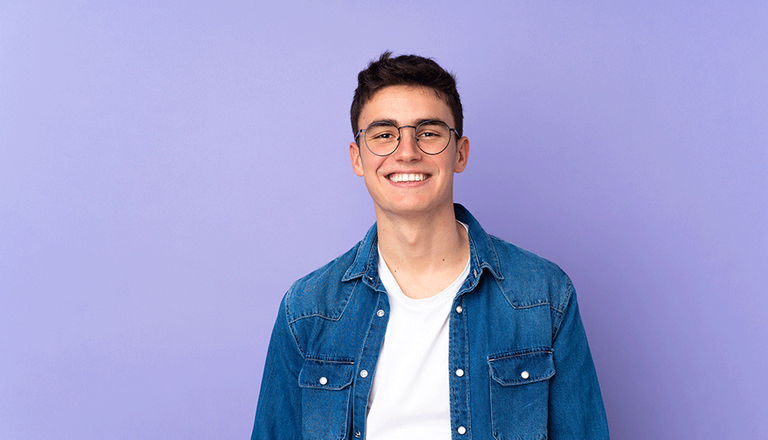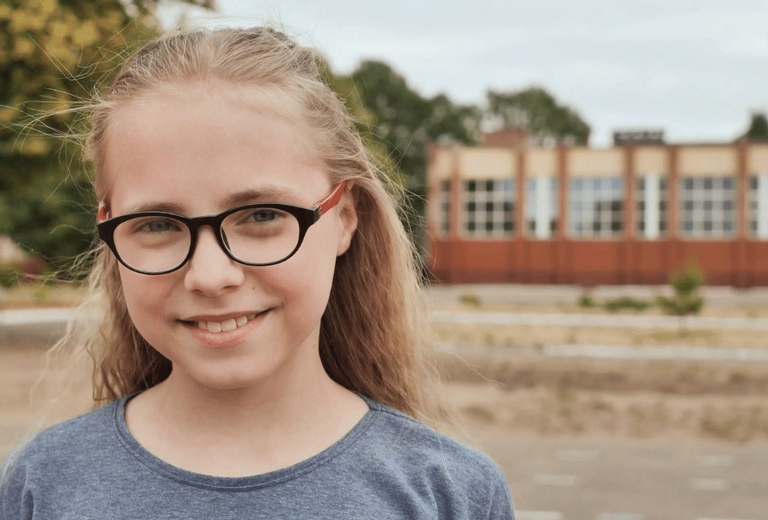Tomatis Method, pregnancy, childbirth and child development. Annaëlle's testimonial
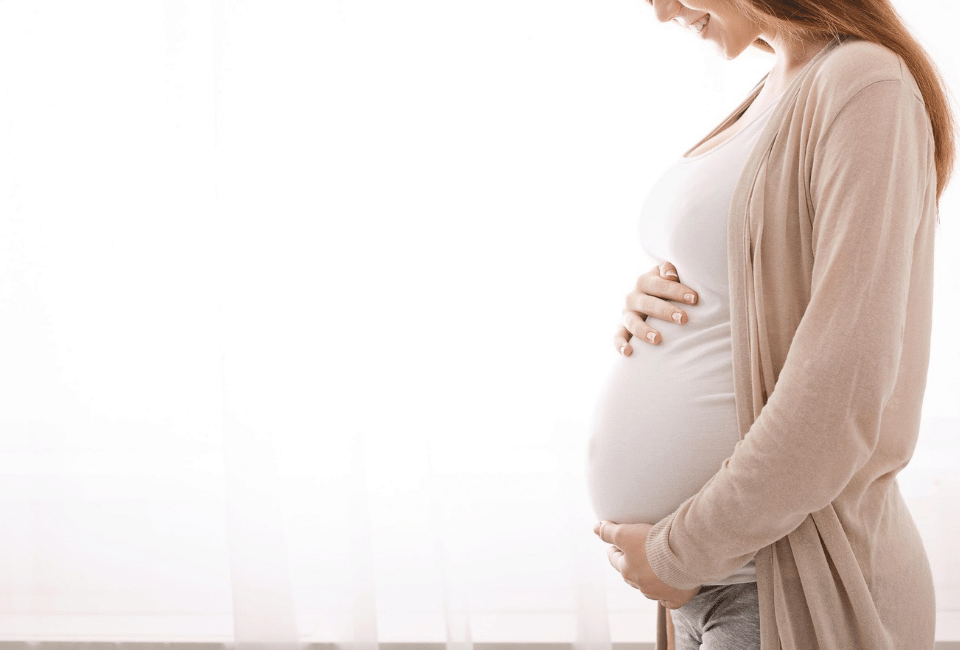
From pregnancy to childbirth in complete serenity.
Annaëlle agreed to answer our questions about her experience with the Tomatis method. During pregnancy, delivery and the first months of her daughter's life.
First of all, let's set the time frame: when did you do the Tomatis Method?
"I tested Tomatis 3 times during my pregnancy, once at 3 months, once around 6 months and once towards the end (8 1/2 months), really towards the end of the pregnancy."
What protocol did you follow? How much time did you do per day?
"1:20, every day for 13 days."
And what did you listen to?
"It was a mix between Mozart, marching songs, Gregorian chants, kind of a mix of all of that."
How old is your child today?
"She is 10 months old"
Could you tell us about the Tomatis experience during pregnancy, what it brought you and how you felt?
"What was really good was that it really relaxed me. When you're pregnant, you have a lot of little anxieties and stresses.
Tomatis really took away that stress, and helped me sort out the information in my head, it's like it helped me to evacuate and sort out the things that were stressing me out. So it really relaxed me, it allowed me to sleep when I needed a nap."
So you slept while listening?
"I used to take naps during my pregnancy and when I listened to Tomatis, it put me to sleep. So I would put myself in a situation where I could take a nap during the listening sessions."
Did you feel the child react while you were listening to Tomatis?
"Yes, the first time I felt her move was with Tomatis, so I don't think we did it exactly at 3 months, I think it was more than 3 and a half, 4 months because I felt her move very early.
A lot of people said to me, 'Wow, that's really early to feel moving,' she responded very quickly to Tomatis, and was really moving, so I felt like she liked it."
Do you think she seemed to respond throughout the treatments at 3 months, at 6 months?
"Yes."
Did she react differently depending on the music, when it was Mozart or Gregorian chants?
"She was more relaxed with the Gregorian chants and more active with the others. And what was really nice was that it created a kind of 'Pavlov's relaxation reflex'. During her infant phase, whenever I felt she was a little agitated, for example, in the evening, I could put on Mozart music.
Afterwards, it wasn't exactly the songs, but we chose a few songs that matched the song I was listening to. She would react and it would relax her right away."
A music therapy that accompanies you from pregnancy to childbirth.
So we can say today, that if she is stressed, you can put Mozart for example to relax her. So she has a good memory!
"Yes, and I think it opened her up to music in general, because she's sensitive to that and really likes music. But as an infant it was really the classical pieces that calmed her."
Do you feel like it helped you with the birth?
"Yes, because at the end of the pregnancy, that's when you're waiting for something that's supposed to happen. You don't really know what's going to happen and then it can be a very scary time..."
Was this your first child?
"Yes, and again with Tomatis, it allowed me to sort out those fears. All those things that were coming to the surface and being ready for the birth."
Did you feel that Tomatis music therapy helped you give birth?
"Yes, after that it's hard to answer this question because I did a lot of things in addition to Tomatis. My delivery went very well and I gave birth at home. It's always a very special moment and I think Tomatis was part of that."
Today, with the benefit of hindsight, do you think that Tomatis music therapy helped the baby at certain stages of its development, starting with the birth?
"I think that listening to music is like giving the child a desire to get out of the world they are in and into our world. Because it can be a special moment for the child and it can be scary, this transition between two worlds.
My feeling is that listening to this music, for the baby or the embryo, develops a curiosity, a desire to discover. And then it facilitates the delivery, it allows the child to be active in the delivery process, it arouses his desire to discover the world.
Yes, it gives the child a boost in its curiosity to see the outside world, which can favorably influence the position of the baby, the speed of the delivery.
"The baby is very active in childbirth, for example if a woman needs to be triggered, often you can tell that there is a fear of the mother which is the fear of giving birth."
It would also de-ango the baby.
"And then it gives him a desire for discovery and curiosity."
So we will say that the child is awake.
"It's true, from the beginning, she's a child who is super awake. She often impressed her world, we didn't even have to hold her head, she knew how to hold it very quickly. Our child was very comfortable on her stomach, she raised her head very quickly, very tonic on her legs.
Then she started to walk a little bit around 9 and a half months. Now, at 10 months, she walks about 6 meters by herself, especially barefoot, she walks very well. She's very curious, and in interaction, people who see her think she's very alert for her age and I think Tomatis had a lot to do with that."
For the four-legged walk, did you notice anything?
"She walked on all fours pretty fast too, when she walks on all fours. She looks like a robot in the sense that she's very synchronized and marks her footing. She's very grounded and you can feel that she's very coordinated."
In terms of fine motor skills, have you noticed anything?
"Yes, they say that the pincer (between the thumb and the index finger) is something that is acquired around 9 months. I would say that she acquired it around 7 and a half months, at 8 months it was already acquired.
She is also aware of her body in the environment, if she goes under a table, she feels the top of the table hitting her head, she crouches and is careful. She really goes for it and then she challenges herself, but she's very careful.
I have the impression that our child is not clumsy, aware of her limits while wanting to go forward and then she creates little obstacle courses, for example with the steps, she passes on one side and the other, also under the chairs, etc...
And she likes to understand where her body is in relation to her environment, she has a very good understanding of it."
What does it have to do with music, does it recognize the musical instrument?
"She loves it, she likes it a lot. I did a music class with her when she was 8 months old. Right away she grabbed the drum stick and instinctively tapped the drum directly.
Other kids who were 1 year old, they couldn't do it. After all kids are different, but she really likes it and again she's very coordinated too, it makes it seem like I have the perfect child."
It's not that he's perfect, it's that compared to other children of the same age, you can still see the contrast and the difference.
"I don't know if it was Tomatis who did it all, but I think it was part of it."
In summary, Tomatis music therapy has proven to be very positive and enjoyable for the baby as well as the mother during pregnancy until delivery. We can see that it has a very positive impact on the child's awareness, coordination and fine motor skills.
Interested? Come visit us at the Center, the first consultation is free! Click here to access our contact page.
Note: to preserve the anonymity of our patients, we use a fictitious first name and a pretext photo. Exclusive to the Tomatis Geneva center (not available in any other Tomatis center).
